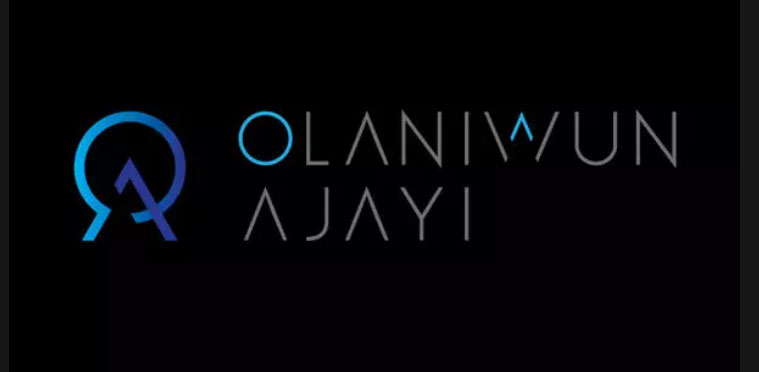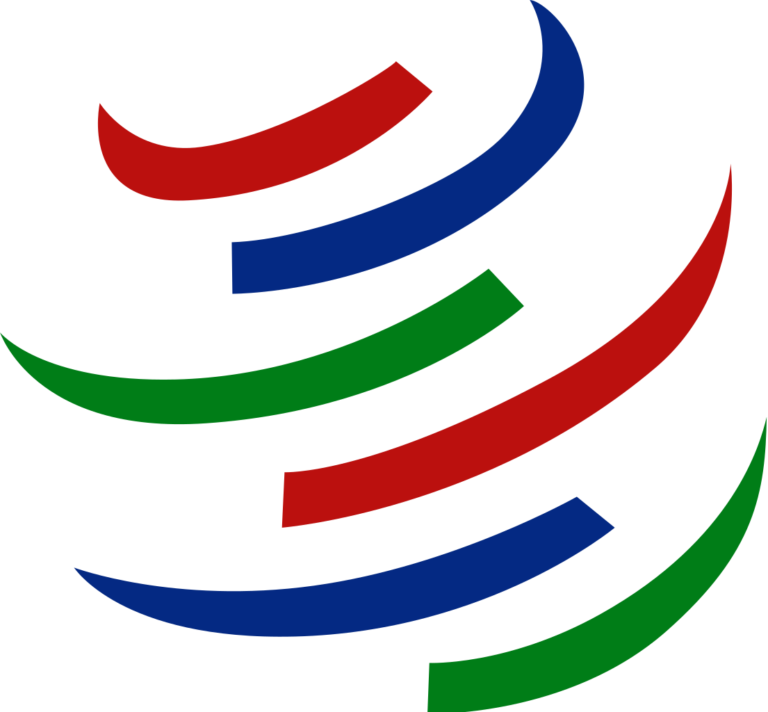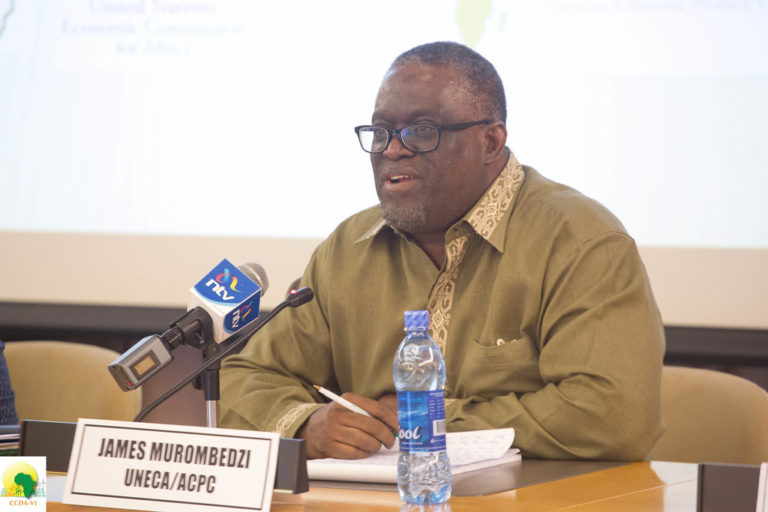By Francis Mayebe, Candidate Attorney, overseen by Virusha Subban, Partner and Head of Tax, Baker McKenzie Johannesburg
Background
Bilateral tax treaties are mainly based on the principle of reciprocity. Under this principle, one state negotiates better treaty terms with another in exchange for making a particular concession. As is clearly seen in most protocols, the Most Favoured Nation (MFN) clause is usually included as a concession by a developing state looking to renegotiate particular treaty provisions. An illustration of this can be seen in the inclusion of the MFN clause in South Africa’s protocols with the Netherlands and Sweden, as it was negotiating to include withholding tax on dividends.
The broad rationale behind MFN clauses stems from the field of foreign direct investment. Throughout history, the MFN clause has seldom been accepted as a principle to be included in tax treaties. It is indisputable that the MFN clause comes with some benefits, however, its downfalls are significant. The most significant of these being that the clause creates various opportunities for the reduction of source taxation and that it exposes the source states, which are usually developing countries, to large-scale base erosion of taxes. To illustrate this, we analyse two court cases involving the Netherlands, South Africa and India.
A judicial perspective
In ABC (PTY) ltd v C: SARS 2019, the taxpayer sought to receive beneficial treatment from the South African and Kuwait Double Taxation Agreement (DTA), which provided an exemption from the dividends withholding tax. The basis for this claim had come about through a technical flaw in the wording between Sweden and South Africa’s DTA, which omitted the words “after the date of this convention”. As a result of this wording, treaty benefits afforded to another State by South Africa that are more favourable than those in the DTA with Sweden triggered the MFN clause. In effect, the exemption to withholding tax on dividends in the Kuwait DTA would automatically apply to the Swedish DTA.
The ripple effect of this clause is that all other States with an MFN clause, like the Netherlands in this instance, could claim the same exemption afforded in South Africa and Sweden’s DTA.
It is on this basis that the taxpayer argued that the exemption of withholding tax on dividends should apply to Dutch residents, by virtue of the MFN clause, in their tax treatment with South Africa.
The tax court found in favour of the taxpayer and instructed the South African tax authorities to provide refunds to all withheld dividend taxes to Dutch residents. Therefore, the technical or unforeseen error in the MFN clause between South Africa and Sweden resulted in a huge fiscal loss of revenue for South Africa. This case clearly demonstrates the dangers of unintended consequences that come with the inclusion of the MFN clause in tax treaties.
In the case of Concentrix Services Netherlands BV WP and Optum Global Solutions International BV WP (C) the court again found in favour of the taxpayer, who was a Netherlands tax resident. This resulted in the application of a lower withholding tax of 5%, as was applied in India and Slovenia Double Taxation Avoidance Agreement (DTAA), based on the MFN clause contained in the Indian and Netherlands DTAA.
A turning point, in this case, was a condition that required the third state to be an Organization for Economic Cooperation and Development (OECD) member before or at the time the DTAA was signed between the third state and India. However, the court held a contrary view, to the effect that the condition would only be fulfilled at the time the MFN benefit was claimed and not after the treaty. This interpretation, in our view, goes beyond the scope of the ambits of the MFN clause and its intended purpose when the tax authorities included it. This largely broad interpretation violates the principle of good faith as enshrined in the Vienna Convention on the Law of Treaties (VCLT).
This case demonstrates a clear downfall of the MFN clause in that it may result in unintended consequences due to the uncertainty posed by its interpretation, particularly in the judiciary.
Practical comments
As can be deduced from the above discussion, the MFN clause infringes on the fundamental principle of the “Pacta sunt servanda” as enshrined in Article 26 of the VCLT. It infringes this principle by altering treaty provisions that are decided upon and conceded bilaterally by states during treaty negotiation by invoking future benefits or treaty terms that go beyond the original terms agreed upon by the states in their DTA.
These unforeseeable future treaty benefits have serious repercussions for states that would not gain from the invoked benefits. As already seen after the ABC v SARS decision, the MFN clause significantly increased investment flow through South Africa and the Netherlands due to the zero-rated withholding tax on dividends, thus increasing treaty shopping and significantly reducing South Africa’s collectible tax revenue on the declared foreign dividends.
Therefore, states negotiating or renegotiating their DTAs, including the MFN clause, should exercise caution when drafting the clause, and undertake a rigorous assessment of its impact on their tax treaties within their network prior to ratifying it.









